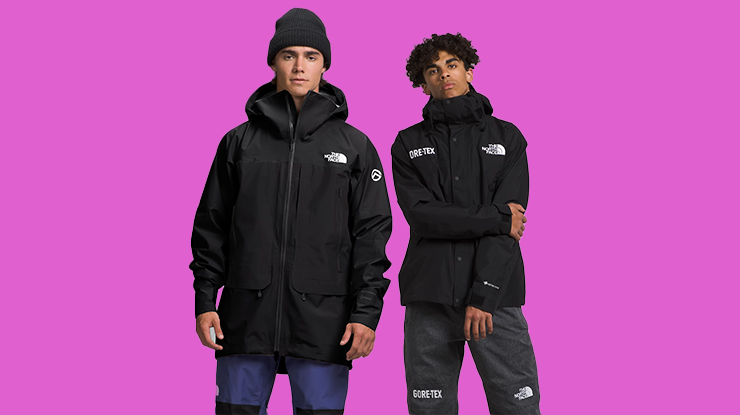The Gore-Tex ban is good news for your health and even better news for resellers.
According to a report from Outside Online:
In 2024, 35 states will introduce policies banning forever chemicals, says Safer States, a national alliance of environmental health organizations and coalitions. Many are already in effect for categories like food packaging, carpets, and ski wax, which have been outlined by state in the chart below. These looming bans have sent industries around the world scrambling to find alternative solutions. It also means that we will soon have to adjust our expectations on how we need to care for things like rain jackets, if we want them to perform, says sustainability consultant Ammi Borenstein, founder of Snaplinc Consulting, an agency specializing in sustainability strategy and management.
Related: The Best eBay Shipping Label Printer
What Are Forever Chemicals?
PFAS stands for per- and polyfluoroalkyl substances. It’s a mouthful, which is why PFAS are colloquially called “forever chemicals.” The nickname refers to the fact that these tenacious chemicals survive essentially forever. They won’t break down in the environment for a thousand years or more, which is precisely why they’re so effective at what they do: at creating a leak-proof barrier against all things liquidy.
PFAS, a family of more than 13,000 unique chemicals, were invented in the 1930s by DuPont de Nemours, Inc., as the company was working to develop a non-stick frying pan. The world soon discovered the magic of these forever chemicals. Their Herculean bonding power means that they can render humble fabrics impenetrable to weather. They prevent red wine from staining your sofa and puppy poop from ruining your carpet. They keep grease from seeping through paper plates and take-out containers. They make mascara waterproof and are found in things like butter wrappers, lotions and sunscreens, toilet paper (including certain bamboo options), and menstrual products. PFAS are on your iPhone touch screen, and have been found in both tap and well water. A recent USGS report estimates that an alarming 45 percent of our country’s tap water contains PFAS.
Gore-Tex Ban Raises Questions
As the looming Gore-Tex ban draws near, resellers will have an opportunity to cash in as supply will certainly outpace demand. Despite mounting health concerns associated with Gore-Tex, a segment of the population will cling to their Gore-Tex North Face Jackets, no matter how toxic they may be.
Related: C.R.E.A.M. 10 Most Valuable Wu-Tang Clan Cassettes
The Gore-Tex ban raises ethical and moral questions. While some may view it as an opportunity to maximize profits, others may grapple with the notion of profiting off a product with known health concerns. The debate surrounding the Gore-Tex ban extends beyond mere economics, delving into broader considerations of corporate responsibility and consumer welfare.
Let me know in the comments how you’re going to play the Gore-Tex ban, are you all about the profits or is this one too unethical for you?

Leave a Reply